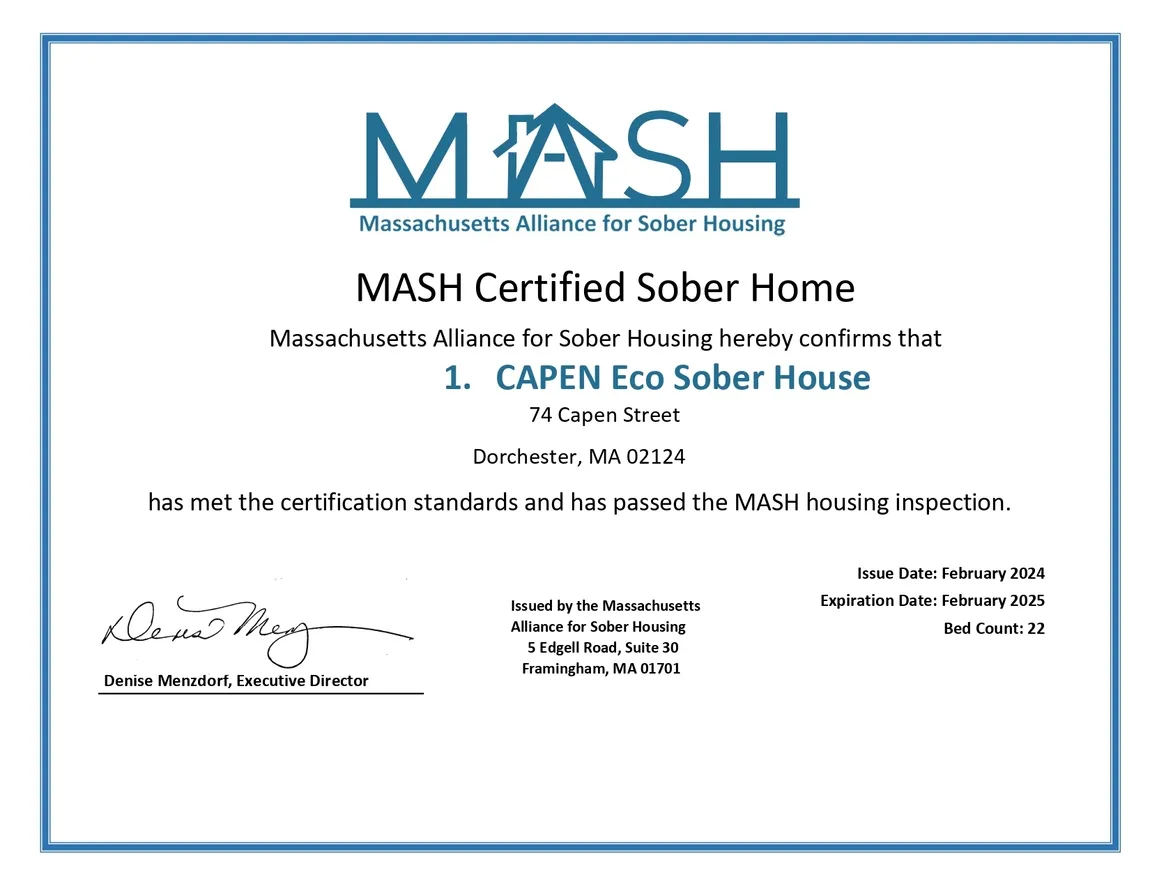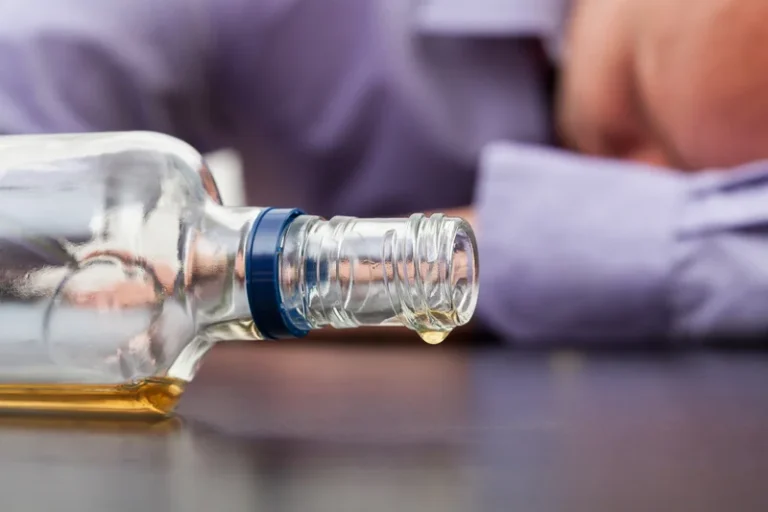
You might even feel like they’re taking a step backward, not forward. But remember that this phase is a fairly normal part of recovery, and it won’t last forever. The important thing is to find a recovery program that works for you and stick with it. If one approach doesn’t feel right, take a step back and consider a different one. Keep in mind that these hobbies might not feel quite as enjoyable during the early stages of recovery.

Triggers for Alcohol-Related Anger and Aggression
The most effective way to cope with alcohol-induced anger is to avoid consuming too much alcohol. The inability to control or suppress your emotions can lead to inappropriate or dangerous situations. Heightened responses due to alcohol consumption can make anger intensified. In others, anger is present before drinking and drinking brings out that anger. Extreme emotions that are usually hidden from others, like anger and sadness, may be more noticeable when you drink because you’re less able to conceal and manage them. When they come out, others notice them because they’re not a part of the everyday social experience.
Crisis Management
The first step in dealing with dry drunk syndrome is the same as it was for quitting alcohol. Once you do that, you can look for help and support from those around you. Connecting with other sober people and establishing healthy routines can help as well. As well as being linked to aggression (and making it more likely you could be on the receiving end), binge drinking harms your physical and mental health.

What Are the Symptoms of Dry Drunk Syndrome?
- And although nothing justifies murder, the son Paul Murdaugh was quite a character (and not in a good way).
- When talking to or about someone in recovery, avoid using this term.
- Clients can learn healthy stress management and coping skills to diffuse anger and other negative thoughts in group and individual therapy sessions.
Examples of such programs include local support groups and educational sessions. By taking part in these activities, you can not only improve your understanding of the issue but also work along with others towards a healthier lifestyle. A few empirically validated practices can help identify strong treatment programs. Treatment centers should ideally have rigorous and reliable alcoholic rage syndrome screening for substance use disorders and related conditions. They should have an integrated treatment approach that addresses other mental and physical health conditions. They should emphasize linking different phases of care, such as connecting patients to mental health professionals, housing, and peer support groups when transitioning out of the acute phase of care.

Intermittent explosive disorder (IED)
Alcohol affects brain chemistry by altering neurotransmitters, which manage our mood and impulses. It decreases inhibition and can increase stress hormones like cortisol, making some individuals more prone to anger and aggression when drinking. When dealing with https://ecosoberhouse.com/article/writing-a-goodbye-letter-to-alcohol/, it’s crucial to recognize the signs and seek help for yourself or your loved one. You don’t need to navigate this difficult journey alone – compassionate support is available.

Typical Risk Factors for Alcohol-Related Aggression
Furthermore, the greater the abuse or neglect experienced, the more severe their drinking problem was. Therapy can help people who suffered as a child to address those challenges and develop healthier coping skills. The best way to prevent and/or cope with the physical and mental symptoms of dry drunk syndrome is to stay steadfast in your recovery.
Having helpful coping techniques in place can make it easier to manage distressing emotions and thoughts about drinking. In other words, someone who’s sober might still “act drunk” or deal with the same issues that led them to quit drinking in the first place. Groups like Al-Anon or Al-Teen are available to help support people who have been affected by a loved one’s alcoholism. Alcohol use and anger can both be treated using psychotherapy approaches rooted in cognitive behavioral therapy (CBT).


